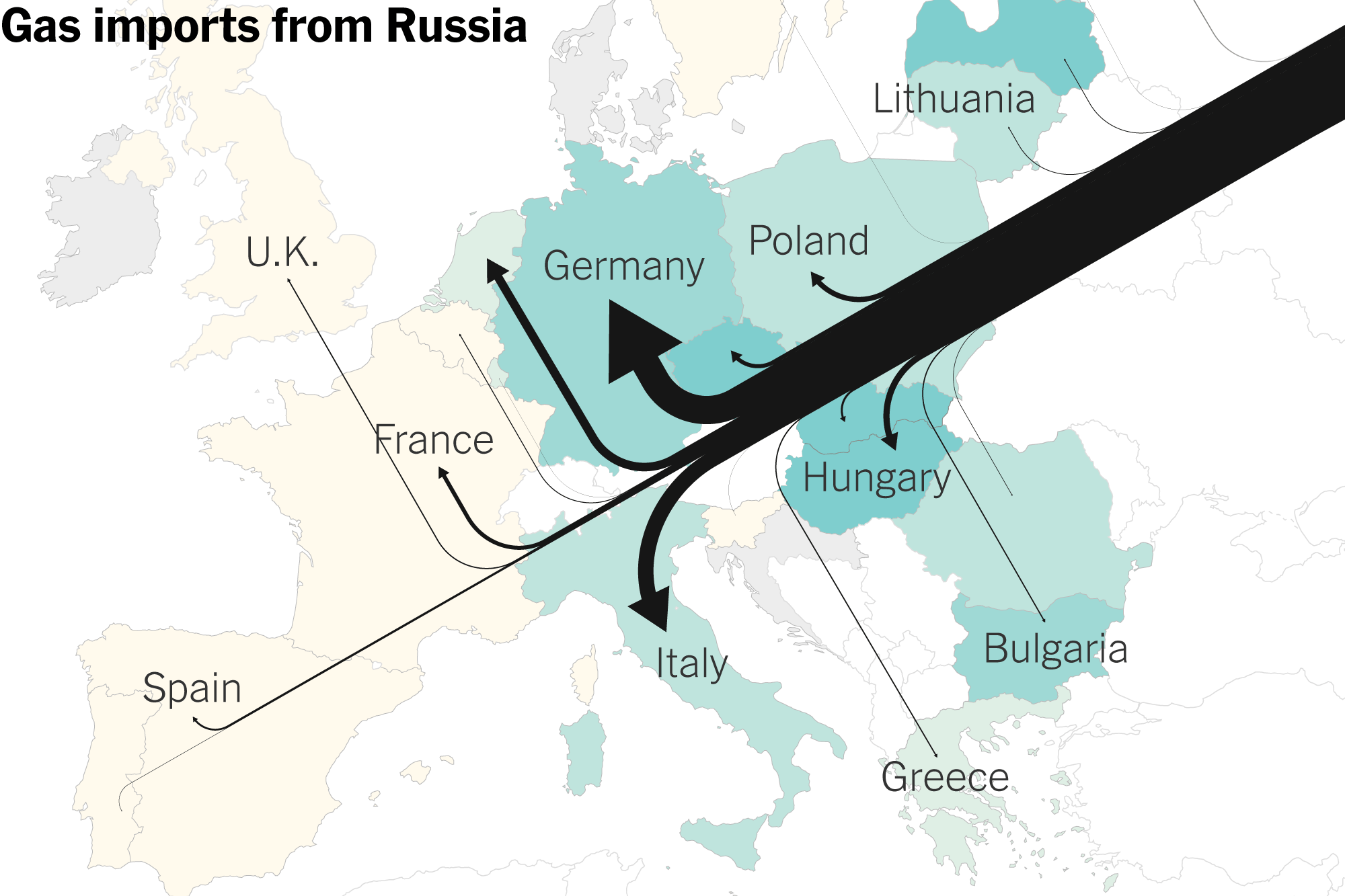A Troubling Trend: Corporations Quietly Back Away from Public Climate Commitments
In a troubling trend emerging from corporate America, several multinational companies, including Walmart, Kraft Heinz, Meta, and American Airlines, have recently removed or significantly altered their references to climate change on their websites and marketing materials.
This shift—referred to as “greenhushing”—occurs against a backdrop of political changes in the United States, particularly with the rise of the Trump administration’s stance on environmental policy. The action raises concerns about corporate responsibility, transparency, and the long-term implications for global efforts to combat climate change.
This development signifies a worrying retreat from public environmental commitments, revealing an underlying tension between corporate interests, political pressures, and the urgency of addressing climate change. As these companies scale back their rhetoric, they risk undermining years of progress in building consumer trust around sustainability issues.
The Role of Corporate America Amid Rising Political Polarization
For the past decade, American corporations have increasingly positioned themselves as champions of sustainability. Companies across various industries made ambitious pledges to reduce their carbon emissions, transition to renewable energy, and adopt more sustainable supply chain practices. These commitments were often accompanied by bold statements about corporate responsibility, with companies like Walmart and Meta publicly touting their climate goals and aligning with initiatives such as the Paris Agreement and the UN’s Sustainable Development Goals.
However, these public-facing commitments appear to have waned in the wake of significant political shifts in the U.S. As climate change has become a more divisive issue, with Republican leaders casting doubt on the validity of climate science and questioning the economic costs of sustainability initiatives, businesses have faced mounting pressure to reconsider their environmental messaging. The result has been a marked increase in what some experts are calling “greenhushing”—a strategy where companies downplay or entirely remove references to climate change from their websites, press releases, and annual reports.
The backlash against corporate environmentalism, combined with increasing political polarization over climate change, has made it more difficult for companies to publicly advocate for aggressive climate action without risking political and financial repercussions. For instance, during Donald Trump’s presidency, the U.S. rolled back many environmental regulations, including the Clean Power Plan and restrictions on emissions from power plants and automobiles. His administration’s stance was clear: economic growth should not be hindered by climate change regulations. While Joe Biden’s administration has moved to reintroduce stricter climate policies, it faces a deeply divided political landscape. Republican lawmakers have positioned themselves as champions of deregulation, arguing that aggressive climate policies threaten jobs and economic stability.
The Consequences of Greenhushing: The decision by U.S. companies to scale back their climate messaging comes with serious implications for both corporate integrity and global climate goals. By removing climate change references from their platforms, these companies risk undermining the progress they have made in building consumer trust. Over the past decade, there has been a clear trend of increasing consumer demand for corporate transparency, particularly around sustainability issues. Many consumers want to know that the companies they support are aligned with their values and are actively working to reduce their environmental footprint.
Furthermore, this move may contribute to a broader erosion of public confidence in corporate sustainability efforts. Greenhushing signals a lack of commitment to long-term environmental goals, making it harder for businesses to maintain their credibility. In the long run, this could damage brands and alienate environmentally conscious consumers, who are increasingly holding companies accountable for their actions—or lack thereof—on climate issues.
Perhaps more concerning, however, is the broader impact on global efforts to tackle climate change. As the U.S. is one of the largest emitters of greenhouse gases in the world, the corporate retreat on climate action could have ripple effects beyond American borders. The U.S. is a key player in global climate policy, and the actions of American corporations often set a precedent for multinational companies in other countries. By removing climate change references, companies are signaling to the global community that they are backing away from their climate commitments, just as nations are gearing up for the UN climate summit and other international environmental negotiations.
A Call for Accountability: While it is understandable that companies must navigate the complex political and economic landscape, it is crucial that they do not abandon their responsibility to address the climate crisis. Consumers, investors, and employees increasingly expect businesses to demonstrate leadership on sustainability, not only for the sake of the environment but also as a long-term business strategy. Studies have shown that companies prioritizing sustainability tend to perform better financially in the long run. Failure to embrace this reality could jeopardize both the planet’s future and the economic viability of businesses that choose to ignore the changing tides.
Corporate America must also recognize that climate change is no longer just a political issue—it is a moral and economic imperative. As climate impacts continue to worsen, businesses have a pivotal role to play in reducing emissions, transitioning to renewable energy, and driving innovation in sustainable practices. The world cannot afford for companies to hide behind political expediency; they must act as stewards of the planet’s future.
The recent trend of U.S. companies removing climate change references from their public messaging is a troubling sign of corporate retreat in the face of political pressures. While companies may feel the need to navigate the polarized political landscape carefully, they must not abandon their responsibility to act on climate change. The urgency of the climate crisis demands bold, transparent leadership—something corporate America can no longer afford to shy away from.
The rise of greenhushing in corporate America reflects a growing hesitation among businesses to engage openly with climate issues amidst political polarization. While companies may feel compelled to adjust their messaging to align with shifting political winds, the true cost of this retreat could extend far beyond short-term gains. The world needs corporate leaders to step up, not step back, in the fight against climate change. Whether through recommitting to transparency or finding new ways to champion sustainability, corporate America must prioritize action over silence if it hopes to preserve its reputation and contribute meaningfully to a sustainable future.




